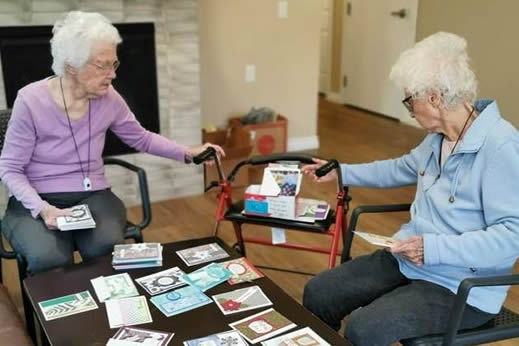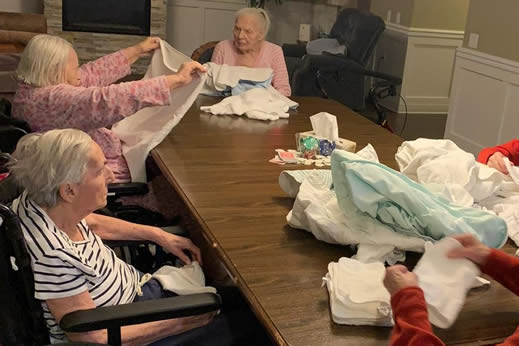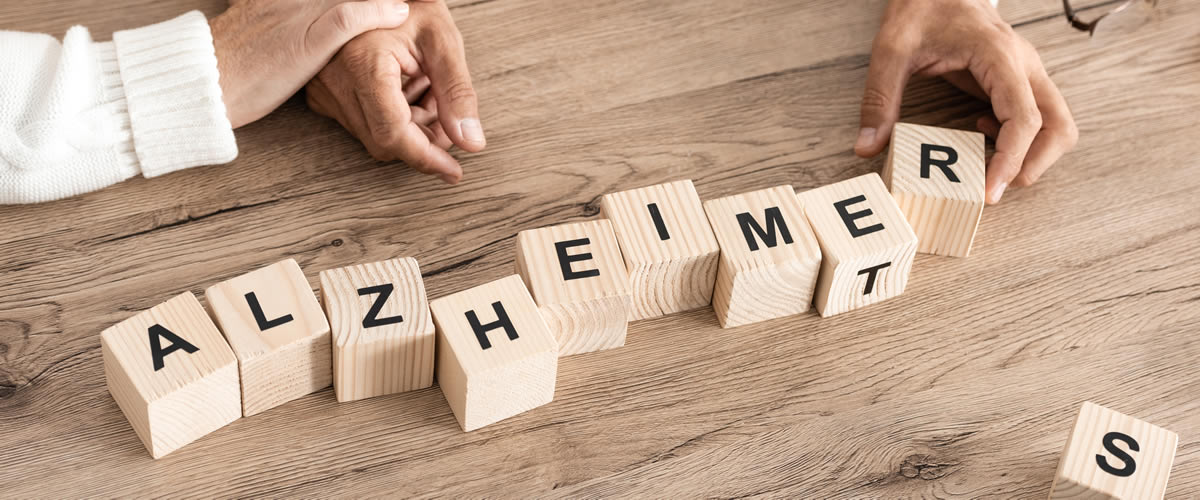Alzheimer's Awareness: Weighing the Risks of Isolation
It is known that isolation contributes to a higher risk of exacerbating the progression of dementia. That is why I am calling for an end to the isolation requirements our seniors living in congregate living sites, are still subjected to.
January is Alzheimer’s Awareness Month and now is the time to have a serious conversation on the importance of connection for seniors, and the devastating impacts of isolation on those with Alzheimer’s. What are these restrictions continuing to do to seniors in care? What are we, as a society, willing to accept as a tradeoff?
I do not discount the science of COVID vaccinations. Vaccines work. Vaccines save lives and they have drastically changed what we are seeing in congregate living sites, when COVID does occur. Nor do we discount the transmissibility of the Omicron strain.
At all the ExquisiCare homes, all of our elders have been fully vaccinated, including having received the 3rd booster. In addition, 90% of our staff have also been fully vaccinated with a 3rd booster shot, and the remaining staff will be vaccinated as soon as they are able to be. The risk of contracting COVID in an ExquisiCare home is minimal. Our elders and our staff are all highly protected.
What needs to happen now is a balance between resident safety and overall well-being. ExquisiCare has realized success, where daily recreational activities and socialization continue to be the norm, as our homes have remained COVID-free throughout the pandemic. Residents participate in everything from games of Scrabble, to physical activities like stretching and bowling, to one-on-one conversations with staff. These daily activities contribute to a high quality of life in the most sustainable manner possible. Not all seniors are this fortunate. With the rise in Omicron cases and the continued lockdown policies in congregate care, we are again seeing seniors locked in their rooms for 10 days with extremely limited visitation, and any visitors in full PPE.
I don’t think we will see the full impact of COVID-related isolation and lockdowns on seniors for a few years. However, it’s important we start to consider what the aftershocks of this pandemic will look like. Seniors already have smaller social circles due to loss, declines in personal health, or moving to different cities to be closer to family caregivers. As a result, they’re often alone. Without social stimulation, the symptoms of Alzheimer’s or dementia can dramatically affect their quality of life and hasten the progression of all dementias, including Alzheimers.
We recognize the importance of protecting all of our ExquisiCare families from this pandemic, but in keeping aligned with our core values of Love, Reverence, and Family we also recognize the need for our elders to be able to enjoy their remaining years with their loved ones. Stimulation, fun, laughter - all of those are critical components that contribute to a person’s health and can help manage the progression of Alzheimer’s disease.
I believe the serious and long term effects of prolonged isolation may in fact, be more harmful than exposure to the Omicron variant, and would like to see restrictions in all long-term care and supportive living sites removed. There are safety practices that we put in place and continue to follow such as masking, staying home when sick and testing for COVID when appropriate. At the same time, we need to start living with the risk of COVID and balancing that risk with the benefits to living. A family member of one of our residents recently said to me, and I think this sums it all up: “I’d rather have the opportunity to see my mom, and hug her and love her for a few weeks, than have her locked in her room alone, for a few months longer, and although she has dementia and can’t express it, I know mom feels the same.”



